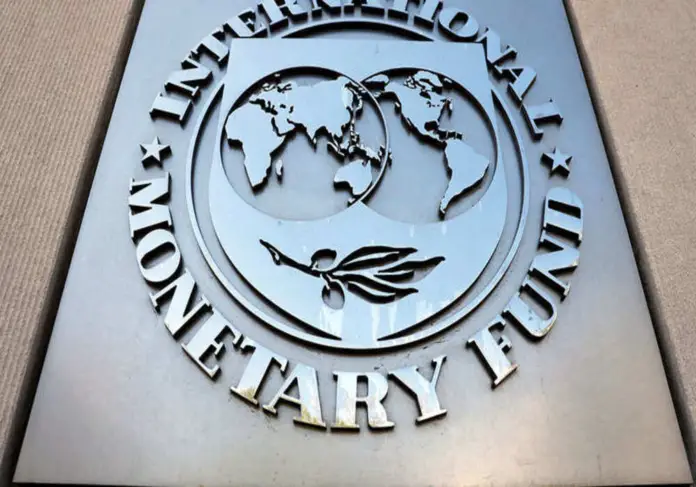- Government agrees to petroleum levy which will increase by Rs5 per month till Rs50
- Finance minister says all issues pertaining to budget finalised with IMF
Pakistan and the International Monetary Fund (IMF) on Tuesday reached an understanding on the federal budget for fiscal year 2022-23 that would potentially lead to the revival of the extended fund facility (EFF).
In what is being referred to as a “breakthrough” understanding, the government has committed to generate Rs436 billion more in taxes and increase the petroleum levy gradually up to Rs50 per litre.
The understanding was reached following a meeting between the IMF staff and Pakistan’s economic team led by Finance Minister Miftah Ismail.
IMF Resident Representative in Pakistan Esther Perez Ruiz stated to local media that the discussions between the IMF and Pakistani authorities on policies to enhance macroeconomic stability would continue through the year.
In the next two days, the IMF mission will finalise monetary targets with the State Bank and a draft of a Memorandum of Economic and Financial Policy (MEFP) would be shared.
The MEFP would include some necessary actions that would have to be implemented before the IMF board approves Pakistan’s case and disburses about $1bn in the next month.
Finance Minister Miftah Ismail said that all issues pertaining to the budget had been finalized with the IMF.
The IMF is also expected to give a statement confirming the development, according to the agreement between both sides.
Government sources told local media that to convince the IMF mission, the Pakistani team had decided to put a levy on all POL products, which would gradually be increased by Rs5 per month till a total increase of Rs50.
The government has also agreed to put in place one percent poverty tax on firms earning Rs150 million, two percent on firms earning Rs200mn, three percent on firms earning over Rs250mn and four percent on firms earning Rs300mn and above.
It has also been agreed that provisions for additional salaries and pensions, for which Rs200bn had been set aside as ‘block allocation’, would be done away with. A separate allocation of contingencies had been created that would be strictly aimed at emergencies like floods and earthquake.
The Pakistani team also made the commitment to deliver a Rs152bn primary budget surplus.
Sources have told local media that the IMF team would share the draft MEFP with the government on Friday.
Moreover, the government has agreed to a upward revision of the annual tax collection target by roughly Rs422bn for the fiscal year 2022-23 through additional tax measures.
The additional measures reportedly involve no tax burden on the poor and would be announced in Miftah Ismail’s final budget speech.
Meanwhile, PTI leader and former finance minister Shaukat Tarin stated on Wednesday that a deal with the IMF was still weeks away.
He stated that it was still a work-in-progress and that there had been some headway. He said that if the MEFP had not been received, how could it be said that an agreement had been reached.
The former finance minister said that following discussion on the MEFP, a technical agreement would be signed and sent to IMF’s board in Washington.
He claimed that the deal would materialise by end of July.







